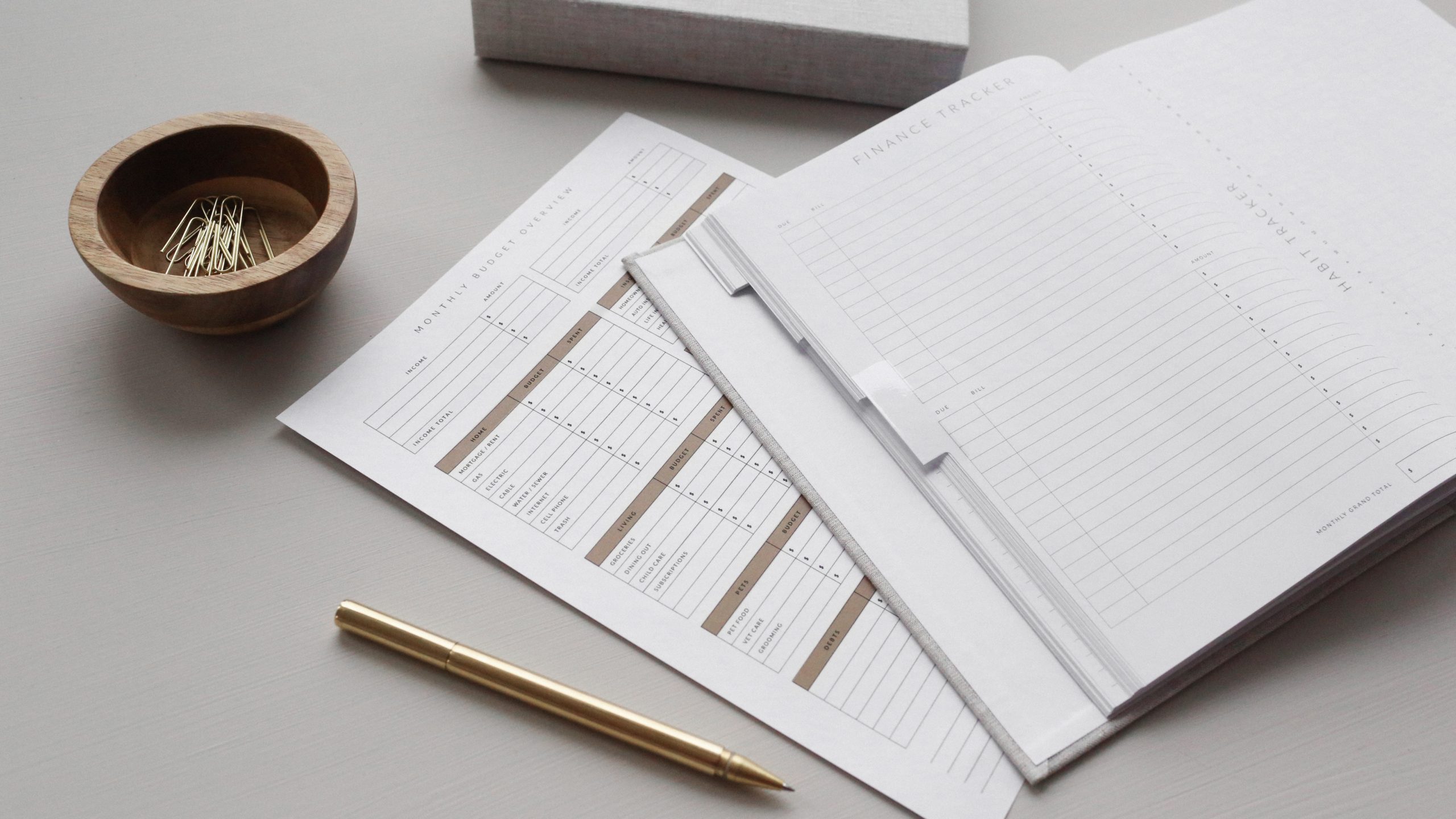
7 New Year’s Resolutions to Save Money
The new year is fast approaching, and you are likely brainstorming ideas for your resolutions this year. The start of the new year is a great time to commit to developing better financial habits. Here are 7 resolutions and tips for seeing them through:
1-Build A Budget
If you, like many people, have always struggled to create and stick to a budget, the new year is the perfect opportunity to start. Developing a solid budget will help you understand how and where you are spending your money as well as help you to reach your other financial goals. When making a budget, it is important to factor in all necessary spending like bills and groceries and then determine the smaller amount of money you will live off of each month. You can also factor in specified amounts to save each month should you so choose. The hardest part of budgeting is staying committed to your budget throughout the year. To help remind you to stay motivated, consider putting your budget somewhere you will frequently see it such as the refrigerator or bathroom mirror.
2-Eliminate Debt
The average credit card borrower is continuously accumulating thousands of dollars of debt due to rising interest rates. To combat your amassing debt, you should try to pay off as much of your debt as you can. You can use methods like the avalanche or snowball method or, if you are struggling with payments, consider credit counseling, a low-interest balance transfer, a personal loan or even a debt settlement.
3-Get on Track with Retirement Savings
Saving for your retirement is one of the most important things you will do. As the age of retirement rises, it is crucial that you start saving as soon as possible. One way to begin is to start a 401(k) plan with your company. Your employer will then take a percentage of your pre-tax income and transfer it directly to your 401(k), and oftentimes employers will match a percentage of your contribution. If you do not have access to a 401(k), or simply prefer, you can open an IRA., but it has limitations and exclusions if you or your spouse are also covered by a 401(k). You can also use a Roth 401(k) or a Roth IRA, as these options will be taxed upon deposit but can be withdrawn later without taxation. If you are self-employed, consider saving in a Simplified Employee Pension IRA (SEP-IRA) which has higher contribution limits that may be tax-deductible.
4-Start an Emergency Fund
Life is unpredictable. And as such you have to be prepared
for unexpected costs like medical bills, automotive care, etc. If you don’t set
aside money, you may find yourself in an emergency, unable to pay for necessary
care, and eventually going into debt. One way to begin saving for emergencies
is to set up automatic transfers from your paycheck to your savings account.
Factor this deduction into your budget so that it is not included in your
living money, and you won’t be tempted to spend it.
Without emergency savings, many Americans end up in debt trying to cover
unexpected costs.
5-Find Ways to Earn Side Income
In a suffering economy, having a source or secondary income can be a wonderful buffer against economic stressors. Whether it is a second job, a weekend gig, or a side business, even an extra hundred dollars a month can provide you with peace of mind and a way to reach other financial goals like paying down debt or starting an emergency fund.
6-Learn to Save
The concept of savings sounds great to anyone you ask; however, learning to maintain a healthy savings account takes time. Skills like using coupons, shopping sales, and tracking expenses take practice and dedication, but the new year is the perfect time to hunker down and learn the saving process. Begin the year by committing to saving more money in any way you can.
7-Make Your Savings Automatic
One of the hardest parts of saving money is missing out on something fun. Knowing you have just enough money to do something makes it difficult to say no. To avoid having to make this difficult decision, we recommend you set up an automatic transfer from your paycheck to your savings account. This way it will be ‘out of sight, out of mind’ and you won’t be tempted to spend it.
Questions? Ready to discuss your financial goals with a team of experts? Give Yeater & Associates Greeley financial specialists a call at 970-378-4830 to learn more.



